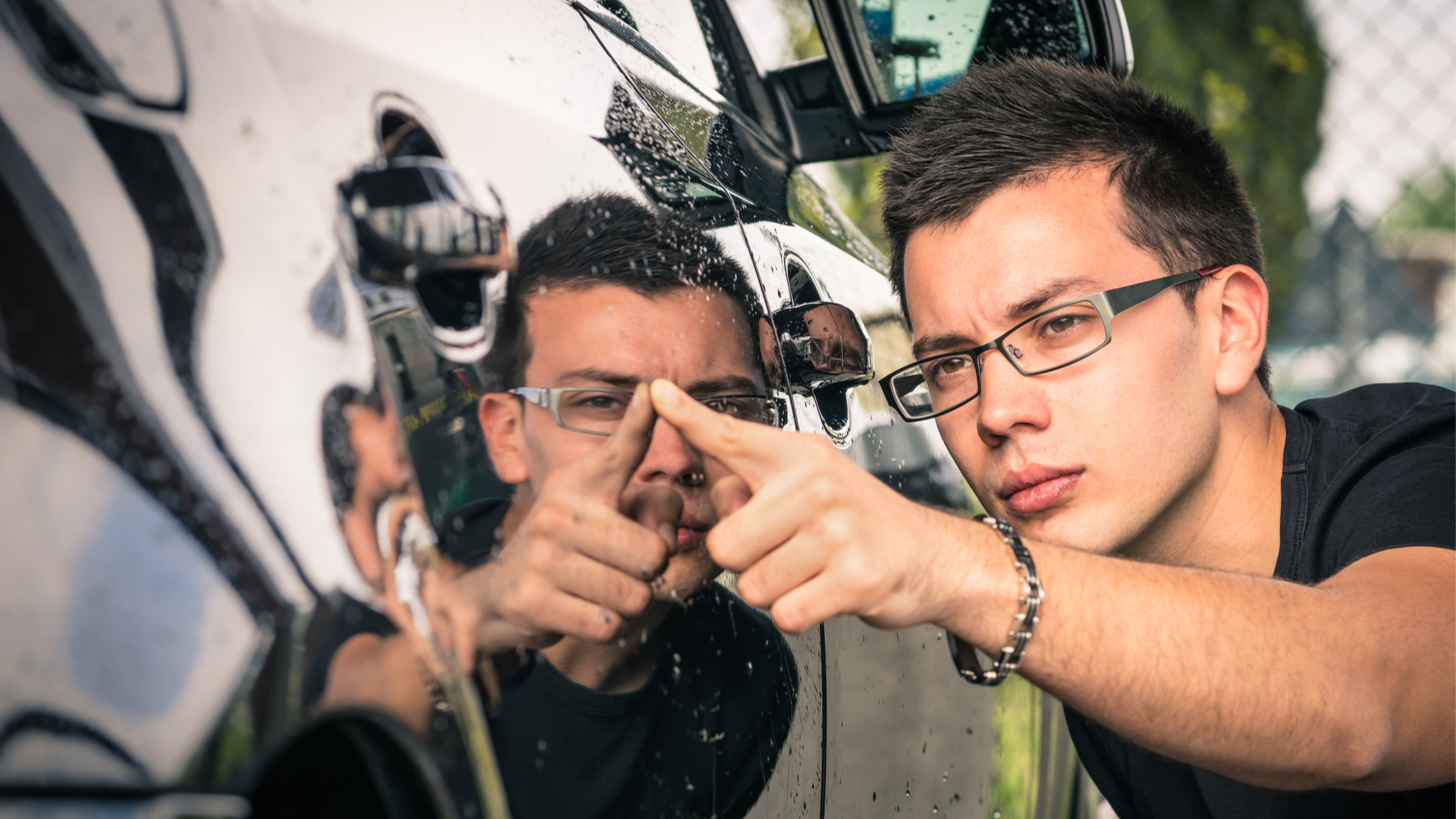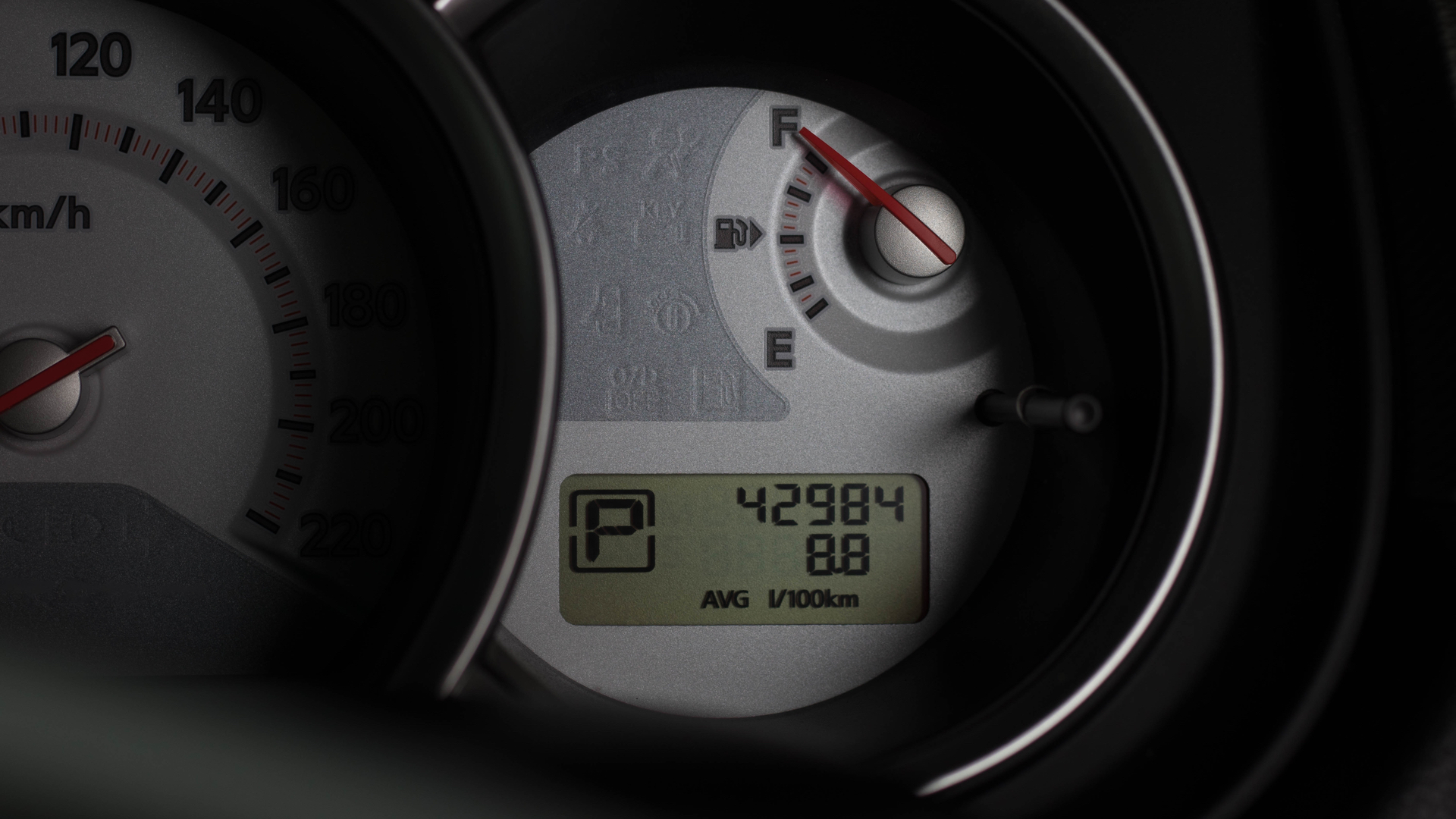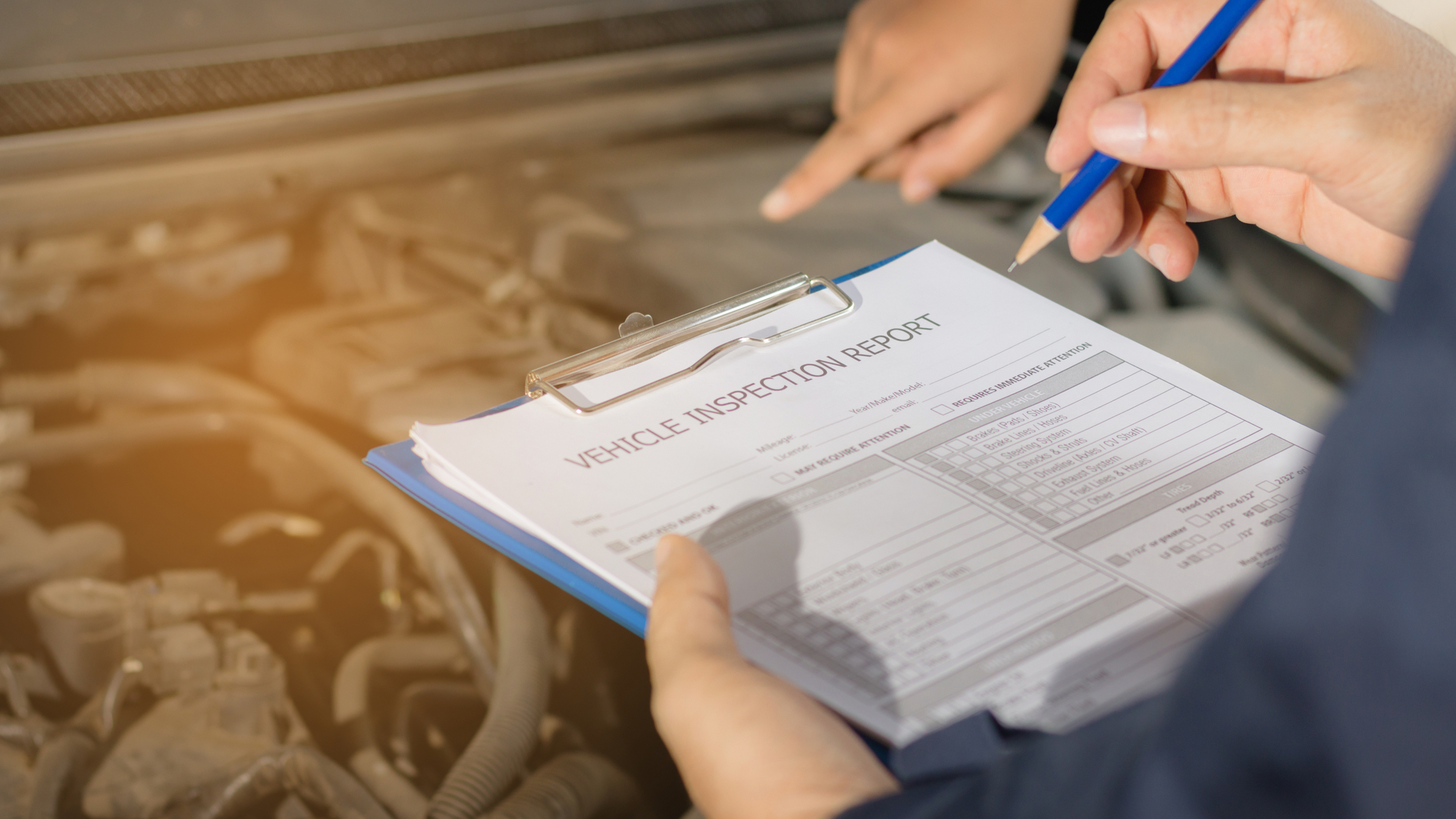
Most new cars in 2022 are sold via Personal Contract Purchase (PCP) finance. However, only one in five drivers actually buy their car outright when this finance agreement comes to an end.
This means the vast majority either walk away at the end of the contract or decide to use their car as a trade-in against a new model.
In fact, getting another new car on a fresh PCP is the most common option at the end of a PCP deal. No wonder car manufacturers love them.
So, how do you ensure that you get the best possible price for your trade-in vehicle? Read on for some advice.
Beware the ‘minimum’ in GMFV
There are three parts to a PCP deal: the deposit, the monthly repayments and the final payment, which is often referred to as a ‘balloon payment’.
The final payment is set by the finance company, which estimates the car’s value at the end of the contract. This is called the Guaranteed Minimum Future Value (GMFV) and it’s your first indication of what the car will be worth as a trade-in.
However, it’s not set in stone, because a number of variables dictate the final valuation.
Note the use of the word ‘minimum’. If the car drops in value, you’ll be protected against a potential loss – the finance company will take the hit. But it’s your responsibility to maintain the car to the terms set out in your PCP contract.
Failure to do so could mean the price you get for the car drops below the ‘minimum’ agreed value.
Mileage limit

Your first potential pitfall is the mileage limit you agreed at the start of the PCP contract. Car dealers tempt punters with low monthly payments based on strict mileage restrictions, so make sure you set a realistic limit.
A finance company might charge anything from 3p to 30p for every mile you go over, so a few thousand miles could cost you a few hundred pounds. You have been warned.
If you think you’ll go over the mileage limit, it’s far better to negotiate a new deal before the contract ends than to wait, as the penalty is likely to exceed that of a higher mileage cap.
Damage charges
Read the small print of your PCP contract and you may notice financial penalties for minor damage to the car. Remember, you don’t own the car unless you make the final payment, so the finance company expects you to take care of the vehicle on its behalf.
If the car requires light work to make it ready for sale, you’ll be expected to stump up the cash. This could include damage to the paintwork, kerbed alloy wheels and stains on the upholstery.
Wear and tear is fine – you don’t have to live with a concours-winning car – but anything beyond that could cost you dear.
It’s in your interest to maintain the car to the highest standards, because the difference between the final payment and the car’s value can be used to reduce the deposit on your next car.
Service history

You must maintain the vehicle to the manufacturer’s service schedule at the correct franchise dealership. Failure to do so will cost you hundreds, possibly thousands, of pounds at the end of the contract.
These points apply even if you decide to keep the car at the end of the PCP deal. So if you’re not comfortable with any of them, perhaps consider another means of car finance.
For example, a personal loan means that you’re free from mileage and servicing restrictions, but at the mercy of depreciation – unless you decide to keep the car.
ALSO READ:
What to do after a car accident